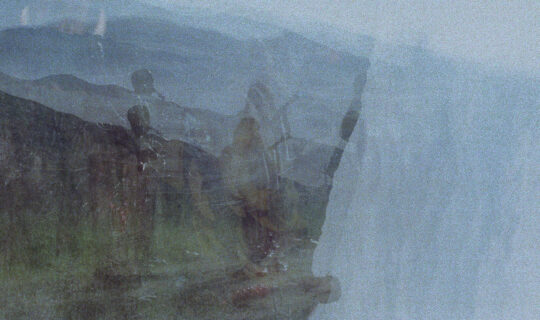December 20, 2012
The baritone saxophone has never gotten the respect afforded the tenor, alto and soprano. It’s not as obscure as the bass sax, but it’s nevertheless been mostly relegated to big-band horn sections or other accompanying roles. But throughout jazz’s long history, a few players have gravitated to the bigger horn and attempted to drag it into the spotlight. Gerry Mulligan’s partnership with trumpeter Chet Baker was a big moment for the baritone, but another player did even more to make the baritone a mainstream jazz instrument—Pepper Adams.
Beginning in the mid-1950s, Adams appeared on dozens of Blue Note recording sessions, most notably a string of albums with trumpeter Donald Byrd. He also worked with Hank Mobley, Lee Morgan, Stanley Turrentine, and the Thad Jones–Mel Lewis big band, among others.
Author Gary Carner has spent years attempting to bring Pepper Adams’ work to greater public attention. “He wasn’t that well known during his lifetime, and he’s become quite obscure since then,” he explains; “I’m trying to extricate him from the dustbin of history.” As part of that campaign, he’s written Pepper Adams’ Joy Road: An Annotated Discography, which combines exhaustive information about the saxophonist’s career with extensive quotes from interviews with Adams and others. He’s also assembled five discs’ worth of recordings of Adams’ compositions, Joy Road: The Complete Works of Pepper Adams, performed by groups ranging from a piano trio to a sextet and including a disc of ballads with newly-written lyrics performed by vocalist Alexis Cole.
“It’s always been considered a novelty instrument or a fringe instrument,” Carner says of the baritone. “It hasn’t been something that, until Pepper’s time, was even played with a rhythm section. I mean, when you think about it, before Pepper came on the scene, there were maybe three or four baritone players in history who played with rhythm sections that weren’t in big bands. So Pepper basically liberated the baritone, and made it the equal of all other instruments. He was playing Art Tatum and Charlie Parker lines on this cumbersome instrument.”
Between 1958 and 1961, Adams and Donald Byrd co-led a group that made a string of terrific hard bop albums – Off to the Races, Byrd in Hand, The Cat Walk and Royal Flush, among others. “I consider it one of the great bands of its time,” says Carner. “It’s completely overshadowed in the history books by Miles Davis’s group, by Horace Silver’s group, by Art Blakey’s group, but it introduced Herbie Hancock (on Royal Flush), had Doug Watkins on bass, Lex Humphries on drums, had great tunes by Duke Pearson.”
That wasn’t the beginning or the end of Adams’ Blue Note career, though. His first session was in 1957, for trumpeter Lee Morgan’s The Cooker, and he appeared on over two dozen dates until 1973. Among the highlights were Hank Mobley’s Poppin’ (also recorded in 1957); Stanley Turrentine’s Rough ’n’ Tumble and Lou Donaldson’s Lush Life, from 1967; Elvin Jones’ Poly-Currents, from 1969; and the Thad Jones-Mel Lewis album Consummation and his former partner Donald Byrd’s fusion masterpiece Electric Byrd, both from 1970.
In his book, Carner describes Adams approaching Blue Note head Alfred Lion with a demo recorded with bassist Barry Harris and drummer Elvin Jones – says the author, “Alfred refused to believe it was him. He said, ‘You’re lying to me. That’s a black player who used to play rhythm and blues and is trying to play jazz.’ Pepper told me that story, saying that was a clue as to why critics were so hostile toward him. They couldn’t figure him out. Because he swung so hard, and yet he was so sophisticated harmonically, and for most critics, those were supposed to be antithetical things.”
Check out this Spotify playlist of some of Pepper Adams’ best moments on Blue Note.
Photos courtesy of Mosaic Images




